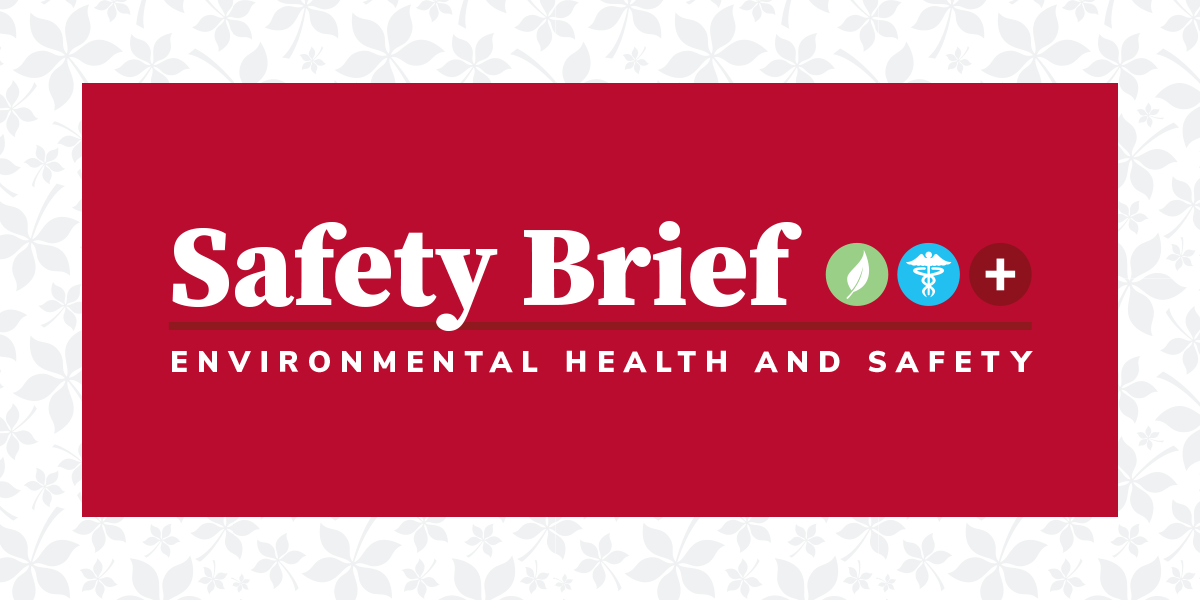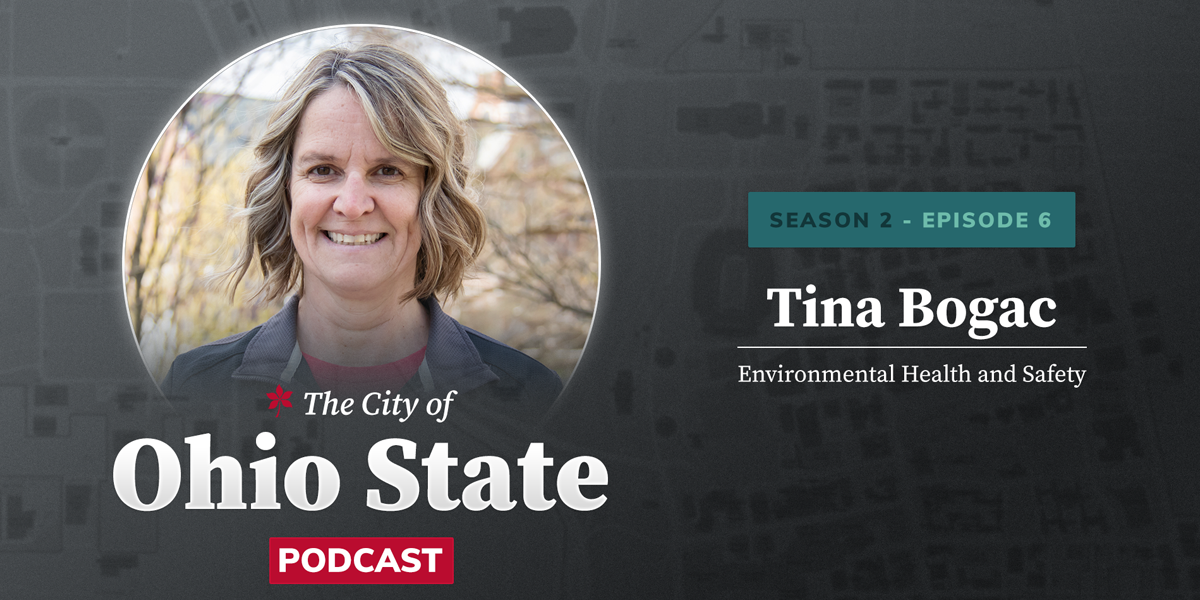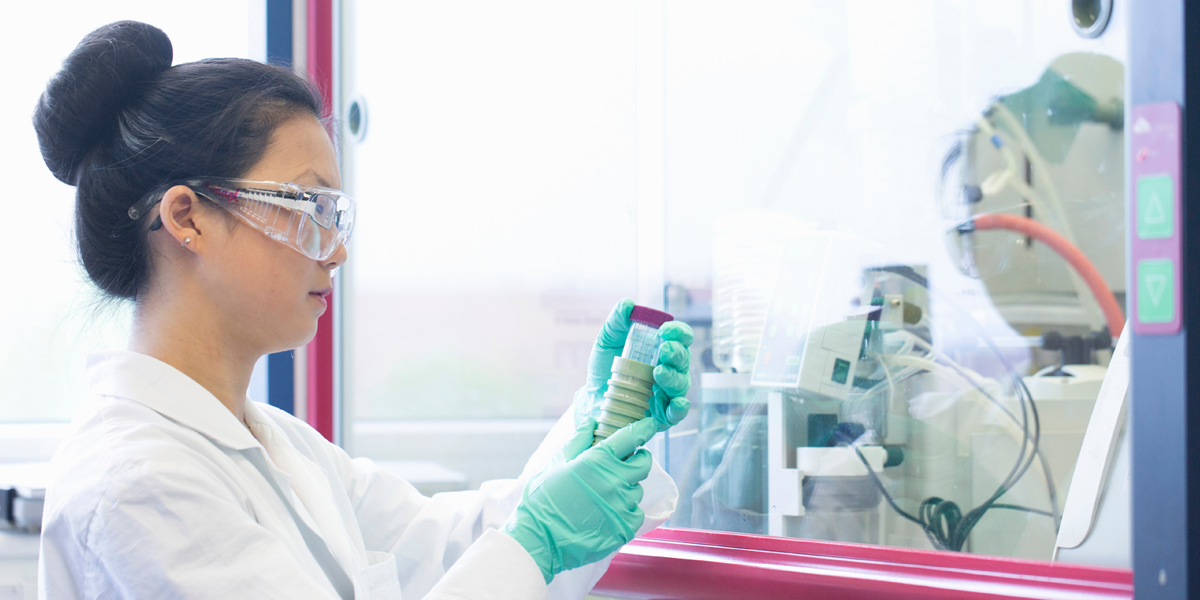Scooter Safety
While The Ohio State University supports alternative mobility options, it is important that we keep the safety of our campus community a top priority. While there is increasing scooter traffic that occurs on campus, scooter operators should review and adhere to the following rules and safety tips. Safety TipsBe mindful of where the scooter is parked to ensure that campus pathways are a...



